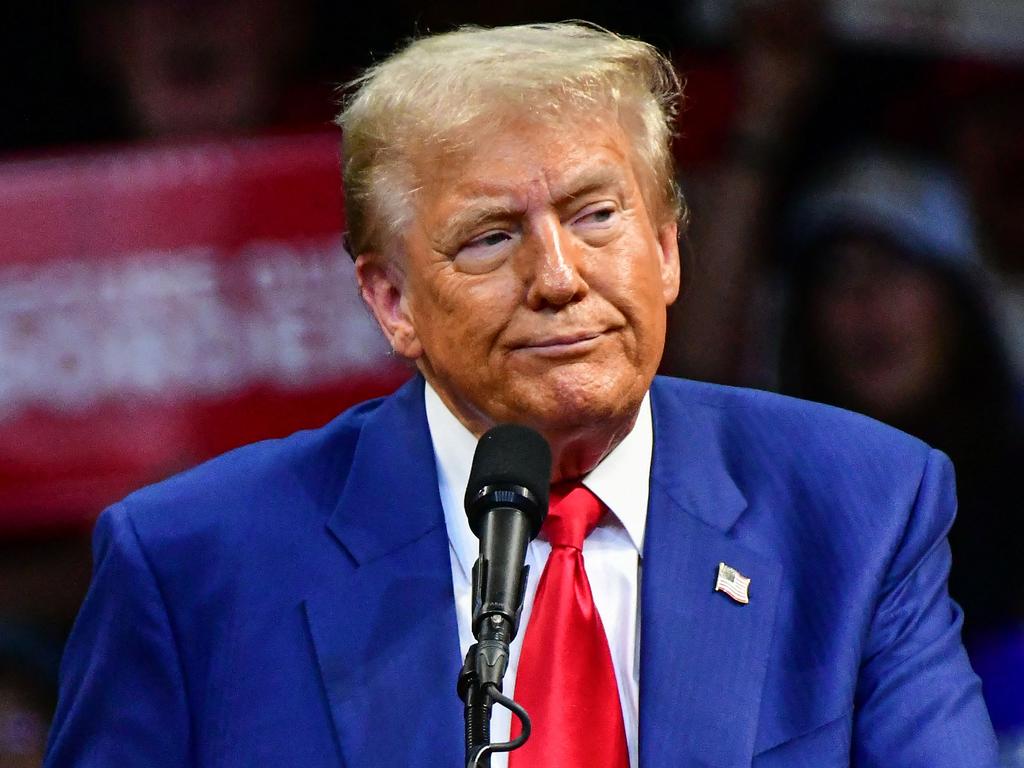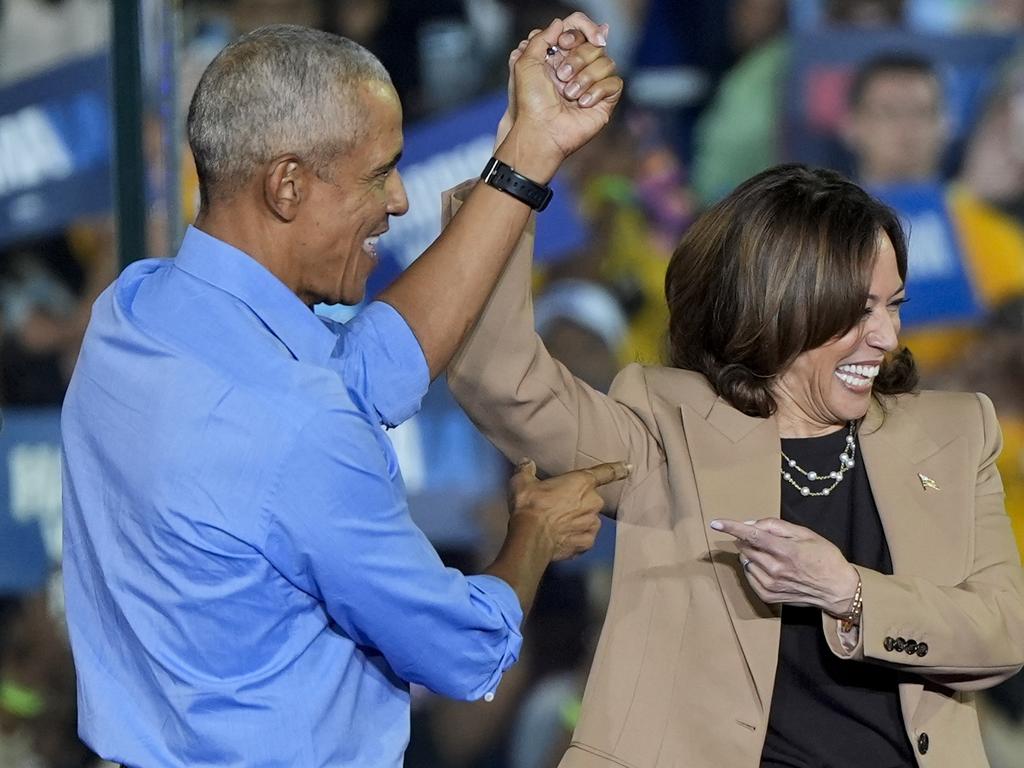Is Trump a fascist? He’s too lazy to be a committed zealot


We are all familiar with the phenomenon. Some initially benign exchange about tax or immigration will, sooner rather than later, descend to a level of such acrimony that eventually someone will be accused of holding views propagated by the leaders of the Third Reich.
Perhaps inevitably, given the polarised nature of modern American politics, the dominance of permanently shrill online voices and, many would say, the character of one of the candidates, the US presidential election campaign has, in its final stages, reached the Godwin’s law level.
Less than two weeks from polling day, Donald Trump has been accused of being an Adolf Hitler-admiring, Nazi-sympathising fascist who, if elected, will take the world’s most successful democracy on a short route to totalitarian dictatorship.
These are not new charges. Since he first emerged on the national political stage almost a decade ago, his rhetoric – about immigrants, his domestic opponents, the illegitimacy of elections he’s lost, and much else – has provoked accusations of fascistic leanings.
But two things are new this time. First, the source of the accusations is not some ranting internet troll or hyperventilating political opponent, but two men of peerless sobriety who worked alongside him day in and day out when he was president. The second is that, unlike most accusations of Hitlerian tendencies, these are not mere projections, hyperbolic accusations, analogising his words or actions to some aspect of the Nazi ideology or regime. In at least one of the cases, they claim Trump has actually volunteered the idea that in at least some respects, he admires the Third Reich and would like to emulate it.
General Mark Milley, chairman of the joint chiefs of staff under Trump who has previously recounted how he feared the former president might try to use the military to stay in power after he lost the 2020 election, is reported in a new book by Bob Woodward, the veteran Watergate reporter, as having said that Trump is a “fascist to the core” and “the most dangerous person to this country”.
Another general, John Kelly, hand-picked by Trump to be his chief of staff in the White House, gave interviews to The Atlantic and The New York Times in which he echoed Milley’s views about Trump’s character and actually claimed to have heard the man say admiring things about Hitler – including, at one point, lamenting that he didn’t have military leaders like those who served the Nazi leader.
This latter claim has sparked some debate about its real meaning. I count myself among those willing to wager my life savings that Trump, not exactly a history buff, would be unable to name a single military officer who served under Hitler, still less be aware that some of the more famous ones tried repeatedly and unsuccessfully to eliminate the Fuhrer and can hardly be counted as having displayed the kind of servile loyalty Trump was demanding from his own disputatious generals.
But whatever Trump may have meant, we have long since passed the stage where any reference to Hitler that doesn’t begin and end with his genocidal tyranny can be deemed alarming enough, and the allegation was seized on. Kamala Harris, Trump’s Democratic opponent, took to a podium in the vice-president’s official residence to offer a sombre warning that this latest testimony proved that Trump was unfit for office, and she went straight for the F-word. If elected again, she said, Trump “would be a president who admires dictators and is a fascist”.
Republicans denied Kelly’s accusations, but the larger question lingers: is Trump actually a fascist? In answering, the challenge is, as with everything Trump ever says, figuring out what to take seriously, whether the words that roll forth from his mouth have any real connection to thoughts inside his head, whether his language bears any relation to his intent. The answer is usually no.
First, despite the denials, we can assume that Trump did indeed say positive things about Hitler. Not only is Kelly, a marine general who has served with honour and distinction, a reliable source. But the reported words uttered in private fit entirely with public declarations of esteem by Trump for some of the most loathsome leaders in the history of the planet. Whether declaring his “love” for Kim Jong-un, or praising Vladimir Putin’s “genius” or Xi Jinping’s “brilliance”, there is hardly a dictator the former president hasn’t praised.
But do any of these unsettling declarations actually mean he would, if he could, lead America in the same tyrannous way? I find it hard to take the allegation seriously.
For one thing, totalitarian leaders usually have a clear set of ideological objectives. Trump has no discernible ideology nor has he ever articulated a coherent set of political objectives. It’s true that his political agenda has some of the hallmarks of 20th-century nationalism. But it’s not race-based – he is likely to get a larger share of the ethnic minority vote than any Republican in half a century. Nor is it militaristic – his first term was marked by an apparent desire to avoid war at almost all costs.
Second, real fascists tend to be committed zealots, ruthlessly dedicated to the task of bending history their way. Trump has neither the energy nor the commitment. He is rather lazy, with all the energy of a slightly corpulent near-octogenarian.
Trump’s only real motivating force is a near limitless appetite for self-aggrandisement. Does this make him dangerous? Possibly. But a web of constitutional constraints were specifically designed to rein in that kind of character. Unless we’re using words in the floating, unmoored way that he does, he’s no fascist.
The Times






Godwin’s law is a reliable rule of modern political debate. It states that “as an online discussion grows longer, the probability of a comparison involving Hitler or the Nazis approaches”.